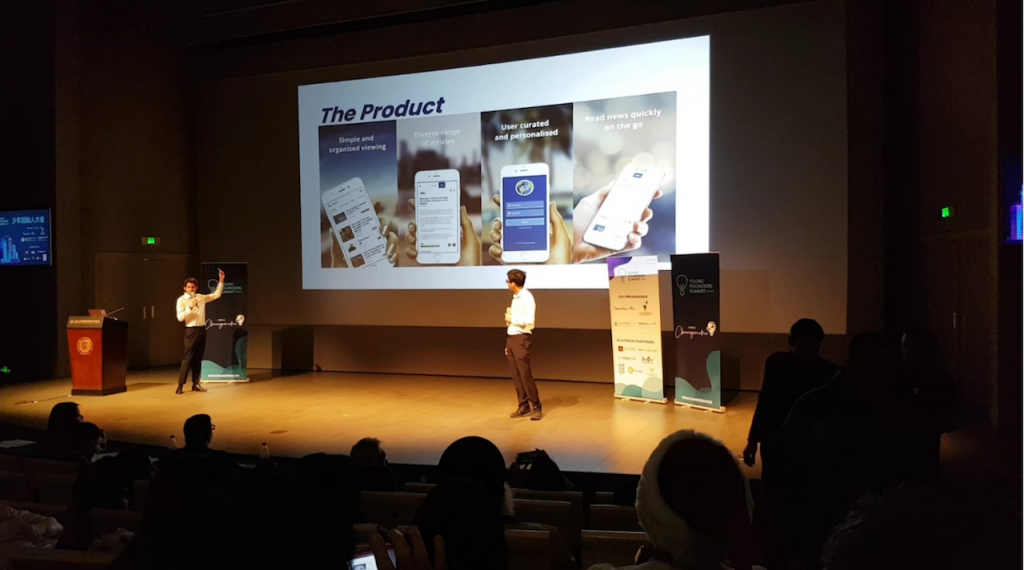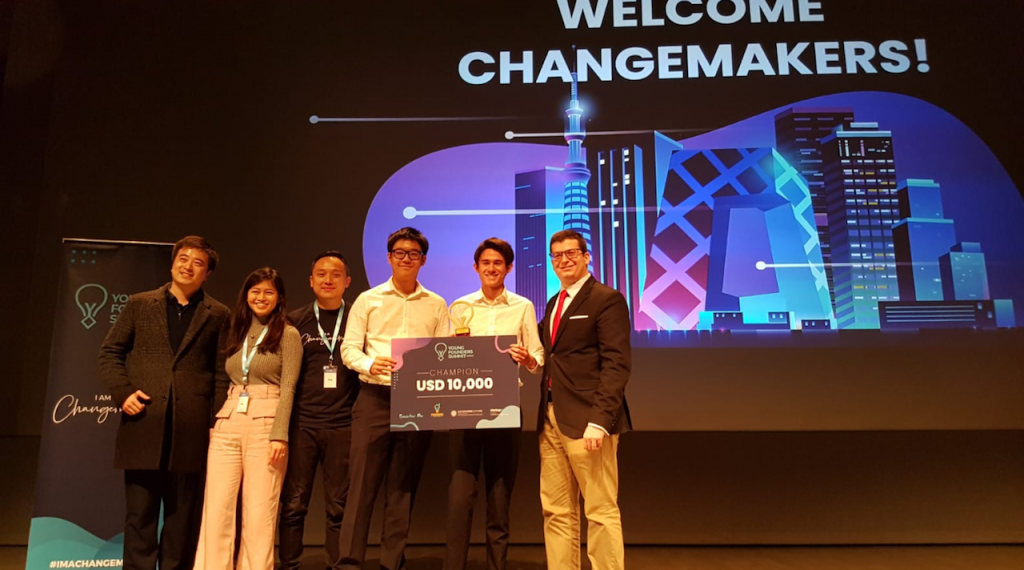Most of us may remember this decade as the one where the news finally broke our brains.
In the attention economy, every person’s attention span becomes a commodity that news organisations fight for with their constant output. When we’re bombarded by 10 headlines every hour, the news can take over our reality, often becoming too much to handle, resulting in an inevitable information overload.
To get our eyeballs and clicks, some organisations ‘pivot to video’, such as through 30-second explainer videos, choosing to sideline long-form news articles that expect readers to spend at least seven minutes reading an in-depth report. Others turn to alternative mediums, whittling down complex news into tweets and captions, losing nuance in the process.
Although detractors might argue this enables us to remain satisfied with superficial content, the concept of simplifying the news isn’t necessarily harmful.
It can, in fact, be the key to increasing citizen engagement.
For instance, one of the last remaining places on the internet that gives me hope is Reddit’s “Explain Like I’m Five” (ELI5) forum. In ELI5, people explain complex concepts or events without jargon, from the Hong Kong protests to Brexit. This doesn’t only allow people to take away lessons on the subject matter, regardless of their expertise, but also makes them better able to take part in conversations with friends and family about these current affairs.
What if there were an app specially dedicated to simplifying news articles in order to increase awareness of what’s happening in the world?
Better yet, what if this app were created by 16-year-olds for their peers, so they can stem their apathy towards the world at a young age?

Comprising Marco Andono Sie, Alex Brown, and Kai Ryn Tan, who are all 16-years-old, the team won the top prize at the Young Founders Summit (YFS) this year for their pitch for the app, which they plan to launch in 2020. Organised by Smarter Me, the YFS was started as a platform for like-minded youth from around Asia to learn about each other’s communities and create potential entrepreneurial solutions to help solve issues.
The premise behind XSNews is straightforward: it aims to provide succinct summaries of credible articles. The app will condense news into bullet points, though readers will also have the option to navigate to the original news articles if they want to gather more details about the topic.
But there are so many—too many, some say—players in the media landscape. Despite XSNews’ promise to cut through the noise in some way, its existence contributes to the oversaturated media landscape, and hence might not even reach the right demographic.
Thankfully, the team has sufficient foresight. They claim their app targets a niche demographic: young adults like themselves.
According to them, teenagers today will form the bulk of the workforce tomorrow. They will need to make decisions that affect everyone’s future. In order to make informed decisions, they have to be informed, which would entail having information about the outside world and its happenings.
This, however, isn’t the case currently, since they’ve also noticed youth apathy taking root.
“We want to consume information fast and move on. But most articles have a vocabulary that is unappealing and paragraphs upon paragraphs of text to sift through just to gain a few essential chunks of information from the news. Through surveys, we’ve found that this results in many young people disconnecting from important topics, such as politics, even though they may directly affect us,” they share.
“So XSNews provides content that will specifically appeal to young adults, whether that be through colourful Instagram-style posts, short videos, or bullet-form text, which we aim to integrate into our future app.”
Though there is a possibility that their app might enhance the practice of seeking out superficial content, they believe that “reading any news is better than reading none”—the current practice of many teenagers.
In other words, think of XSNews as the ‘gateway drug’ to news consumption. Similar to how many teenagers might start reading poetry from Rupi Kaur or Lang Leav, this app plans to entice readers precisely because it provides the news on a surface level that’s palatable and fun.
Yet, if it guides young readers towards more detailed and in-depth news articles, then no one loses in the end.

The entire process comprised a qualifier in Singapore followed by a month of mentorship and self-development, and the semi-finals and finals in Peking University in China. They learnt how to create a proper pitch deck, including the basic elements of a start-up, such as the Business Model and Development Roadmap.
In total, their idea development took about two weeks to finalise. To gauge the viability and potential behind XSNews, they spoke with industry experts and news organisations for insights, such as the average reading time for a news article.
They also established an Instagram page for their app with a survey link in their bio. Many teenagers responded with helpful comments on daily news consumption patterns, allowing the team to adjust their content and content delivery accordingly.
“We felt good when our beta algorithm worked for the first time, after many hours of tinkering and editing, to finally create something that summarised text by cutting down unimportant details,” they share.
“But some nights, we would study up to 2 AM just to finish or polish up some slides to ensure our presentation was the best it could be—all while having exams the next day. These constraints taught us the power of truly believing in the problem we were trying to solve.”
The team’s enthusiasm to crack the code behind getting youth to read the news isn’t merely admirable or infectious. It’s also painfully relevant in an age where there’s a real danger that information overload can turn someone off from being actively engaged or aware of the issues that directly impact their lives.
It’s been more than a decade since I was 16, so I can barely remember what I was doing then, aside from fret over my unfinished math homework or convoluted literature text. But in the years since, I’ve been both an active news consumer and newsmaker. The latter was fuelled by newsmakers who made dry and mundane topics fascinating to me.
So the importance of making news easily comprehensible to the layman cannot be overstated. Understanding the world around us is, after all, crucial to making better choices and leading better lives.
All things considered, the kids are alright. At least they know one thing: where apathy is concerned, prevention will always be better than cure.
And having that awareness would be, in their words, “better than none”.






